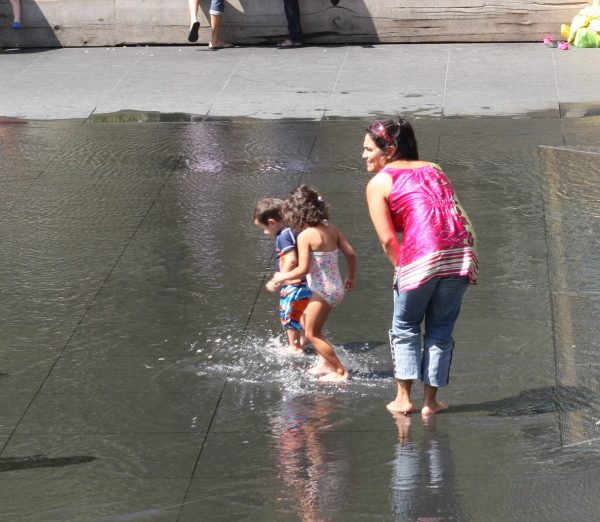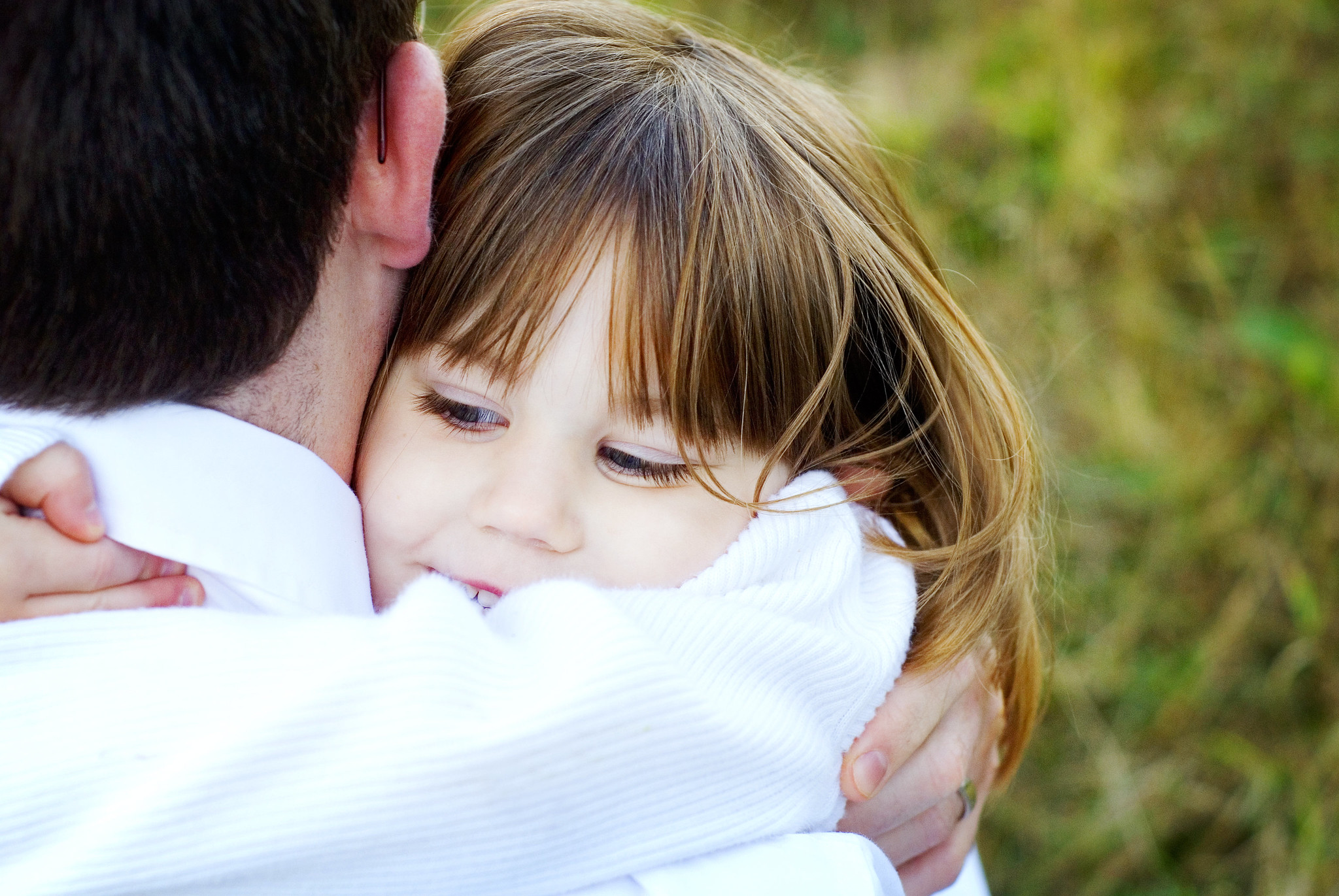Nothing is more nerve-wracking to a parent than when a child gets lost. While only a small percentage of the thousands of reported missing children daily are real kidnappings, children often do get lost in public places like beaches, parks, fairs, and malls.
Children have an insatiable curiosity, and love to explore; so it’s important to keep a close watch on your child whenever you go out in public. If your child is prone to wandering off, you can maintain continuous contact by holding hands; but in the event that you are separated, these tips from Soraya Sutherlin’s book A Kids Book About Safety can help you be quickly reunited.
1. Teach your children to recognize local landmarks
Sutherlin, a certified emergency manager and mother of three, suggests we make our kids aware of their surroundings. “Situational awareness is a lifelong skill that you can start to teach them as babies in a stroller,” she says.
On family outings and walks, point out important and easy-to-recognize surroundings, such as a noteworthy tree, signage, and landmarks like schools, stores, and monuments along the way. According to Sutherlin, this encourages youngsters to make an effort to look “up and around,” consequently fostering communication and minimizing the risk that the children will become separated from their caregivers or become lost.
“If your child ever got separated from you and are [sic] too young to know their street address, they could say, ‘I live four blocks from a fire station,’ or, ‘I live two blocks away from a big, blue house with a red flag.'” she says. “Those can be indicators to help reunite you with your child,” she said.

2. Teach your children how to locate a parent
Success
You are now signed up for our newsletter
Success
Check your email to complete sign up
Similarly, Sutherlin advises parents to teach their children how to recognize helpers and trustworthy members of the community.
Instead of telling children not to talk to strangers, parents should teach their children to scout out potential assistance by instructing them to “find a mother with children” or to look for a nearby stroller. Before you take your children to a public place, remind them what to do if they get lost.
“Absolutely, I always say, ‘Find a mommy or a group of mommies with children.’ There’s deviations to that based on what’s happening in the world, but in general, it’s a good rule of thumb.”
3. If a child gets lost they should know how to call you
Any child who can recognize and remember numbers can use a phone. Have your children practice calling you from different phones. Ensure that your child recalls your full name, address and telephone number. Children as young as three years old may be able to recall a phone number with practice.
If your child is too young to remember this important information, jot it down on a piece of paper and stow it away in a safe location such as a shoe or pocket. Before you leave for your destination, remind him or her where the paper is so that they can give the information to a responsible adult if you become separated.
4. Consider “what ifs” with your child
Stress that it will be easier for you to find your child if they stay close to where they discovered they were lost. If they go blindly searching for you it could be a painful trial for both of you. So they can remember it even in a panic, remind them often, and especially before going out, that it is best to stay put if they lose you.
Some simple questions you could go over with them include:
- “What would you do if you couldn’t see me?”
- “What would you do if you didn’t see a mom with a child right away after you realized we had been separated?”
- “What would you do if a stranger said you should go with them to find me?”
Make sure your child has a good answer for each question and knows which adults to trust.

4. Good behavior should be reinforced
Whenever you return from a public area, even a supermarket, without your youngster getting lost, congratulate him on his excellent behavior. Being rewarded for good behavior is sure to bring more of the same.
5. Make learning these skills enjoyable
To help your child take interest and pay close attention, be creative with them and make up a scenario where they get lost and found. Children may want to add all sorts of details, which will help them to remember.
Along with these safety lessons for your child, parents should also be prepared in case of an emergency. Have precise information and a recent photo on hand for tracking and identification, should your child become lost.













